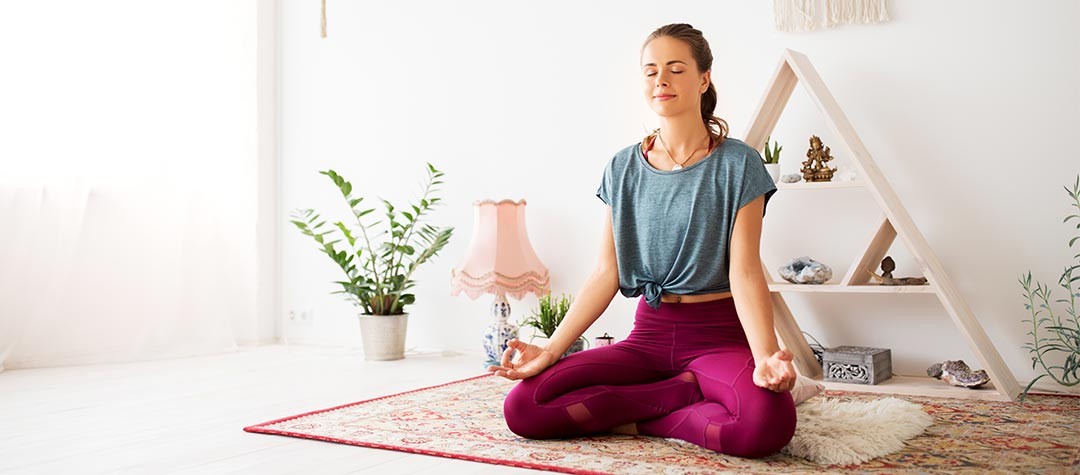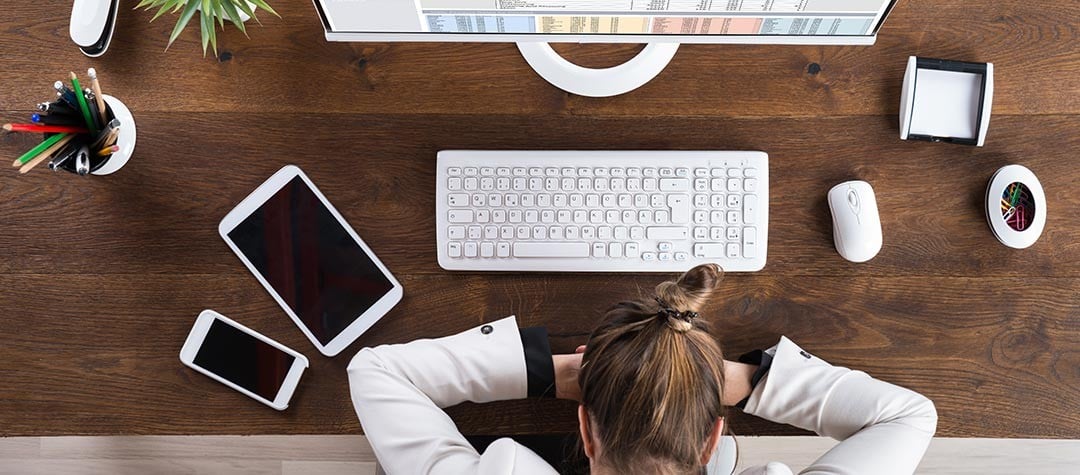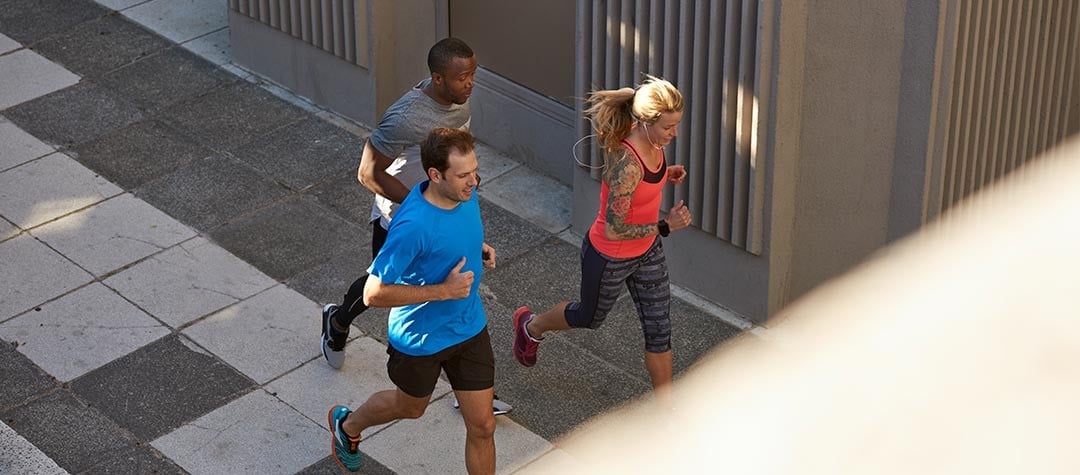Meditation is an art that calms the soul and relaxes the mind. Here are our 10 tips for meditation beginners.
1. Find a good teacher if you can
Do try to get along to a meditation class taught by an experienced practitioner; it can really help to learn in the company of others and also to ask questions and get direct answers from someone who knows the territory - simply said, the advice of someone who has been doing something a long time, aka an expert, is going to act as a mentor to guide you through with their source of valuable knowledge.
2. Best not to meditate on too full a stomach!
Before breakfast is good. If you’ve just eaten, your body is using its energy to digest your food: you are more likely to get sleepy in meditation after a heavy meal. Probably best not to meditate starving hungry either as you may find your practice dominated by food fantasies, so find the middle way.
3. Be sensible about posture
Eastern people may have grown up with sitting cross-legged on the floor, but westerners, (unless they’ve done a lot of yoga or are naturally particularly flexible), generally can’t get into a lotus position at all let alone sit comfortably that way for 20 minutes. You don’t need to sit in full lotus to meditate, kneeling on cushions or sitting on a chair is fine. Be as comfortable and upright as you can.
4. Make some clear time
Choose a time to meditate when you really do have a bit of undisturbed time and can relax, even if it’s just for five minutes. Turn off your phone. Close the door. Do what you can to make it possible to allow yourself to let go of being available to outside demands for a while and take an undisturbed space for yourself. If you have young children, this can take a bit of planning, but children can also get used to a parent sitting quietly for a while each day, it can be a beneficial experience for them too.
5. Work with your own body clock
If you’re an early bird and get sleepy in the evenings, do a little meditation in the mornings; if your head is full of planning for the day in the mornings, experiment with giving yourself five minutes (or longer) to yourself to relax and meditate at the end of the day when your work is done.
6. Little and often can be very effective
Even five minutes of meditation a day can really have a positive effect on your life.
7. Warm up a little before, chill out a little after
Prepare to sit with some stretches for the hips and easing out of stiff shoulders, give a bit of kindly attention to any tense places. Finish meditating in time for warm drink or even just a minute’s gazing out of the window doing nothing, before you go on with your day’s activities.
8. A special place
If you decide you’d like to meditate regularly at home, it can really help to sit in the same place in your home each time, and to create a bit of special atmosphere there, perhaps with a candle, some flowers and a picture that really inspires you. If your cushions or chair are sitting there ready for you, it saves a lot of time faffing about and you’re more likely to find yourself meditating regularly.
9. Let go of expectations
Have faith in yourself and a sense of humor. There are all kinds of meditation experiences, just as there is a huge spectrum of human experience, from serene to grumpy, ecstatic to bored, blissfully clear to distracted from distraction by distraction. Don’t judge yourself as having ‘good’ or ‘bad’ meditations. Being aware of whatever is going on is what counts. And the cumulative effort you put in is what will really make a difference in your experience.
10. Celebrate your progress!
Meditation is conducive and supportive of positive change in your life, but be gentle with yourself, you may just not get enlightened overnight, (I’ve not yet met anyone who has!). Some old habits die hard, but bringing awareness to them, and cultivating an increasingly positive emotional attitude towards yourself, you can achieve great things for yourself. The journey of a thousand miles begins with a single step…














